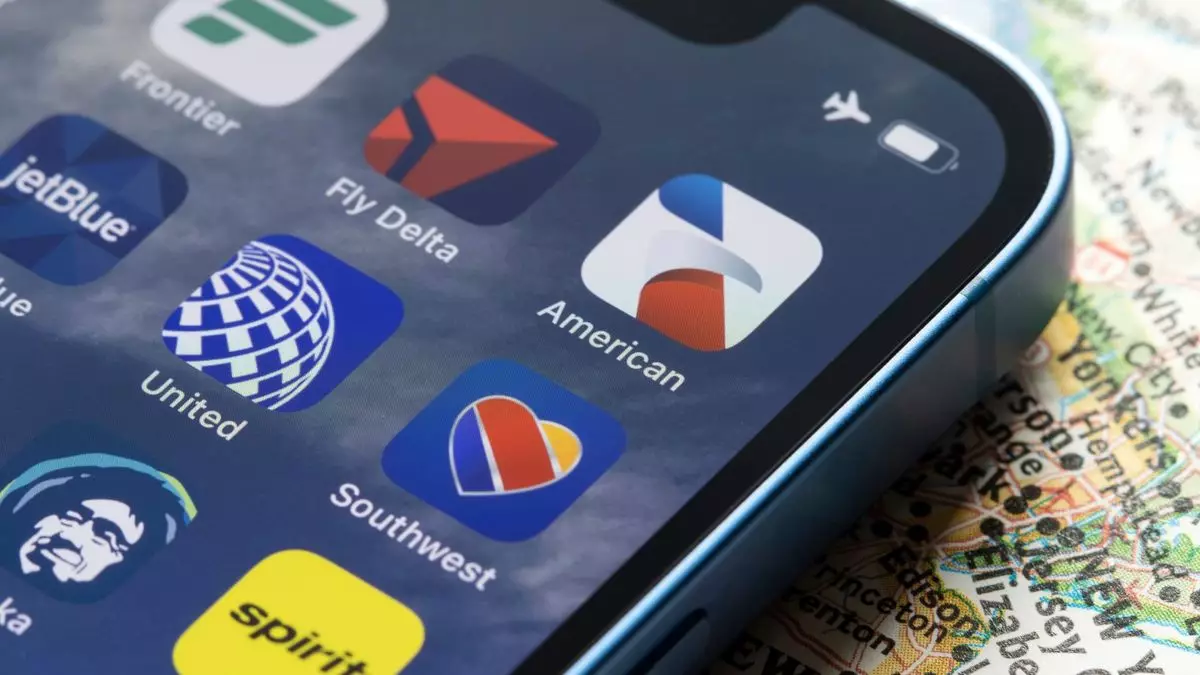The Transportation Department has launched an investigation into the loyalty programs of major U.S. airlines such as American, Delta, Southwest, and United. The purpose of this inquiry is to safeguard consumers from potentially unfair, deceptive, or anticompetitive practices within these programs. Transportation Secretary Pete Buttigieg highlighted the increasing financial significance of airline rewards programs and how they have become a critical component of the airline business model.
According to Buttigieg, these rewards programs wield significant influence over customer behavior and can even serve as a form of savings for many Americans. The dominance of the Big 4 U.S. carriers in the loyalty market has raised concerns about their impact on competition and consumer choice. As these programs continue to grow in popularity, with nearly 30 million U.S. airline credit card holders, the need for oversight and transparency becomes more pressing.
In the wake of the COVID-19 pandemic, airline credit card and loyalty programs have experienced a surge in participation. Delta, in particular, has reaped significant revenue from its partnership with American Express, underscoring the financial stakes involved. The DOT’s probe follows a previous hearing that delved into issues of fairness and transparency in these loyalty programs, including concerns about devaluing loyalty points.
Response and Pushback
While the DOT’s investigation aims to ensure consumer protection, some industry players, such as Airlines for America (A4A), have pushed back against the probe. A4A contends that loyalty programs are a vital tool for airlines to reward customers and foster loyalty. Southwest and Delta, in their statements, emphasized the value and accessibility of their respective loyalty programs, highlighting their commitment to providing customers with valuable rewards and travel benefits.
The landscape of airline loyalty programs is complex, with different carriers implementing varying reward structures and pricing strategies. While some airlines have increased reward prices significantly in recent years, others have actually lowered prices, showcasing the diversity of practices within the industry. The DOT’s investigation seeks to shed light on how airlines have adjusted their rewards over time and the impact on consumers.
Transparency and Accountability
As part of the inquiry, airlines are required to disclose information related to devaluations of earned reward points, dynamic pricing for reward redemption, and fees associated with redeeming or maintaining points. This transparency is crucial for consumers to make informed choices and ensure that loyalty programs function fairly and ethically. The DOT’s focus on monitoring airline loyalty programs underscores the importance of accountability and oversight in the aviation industry.

